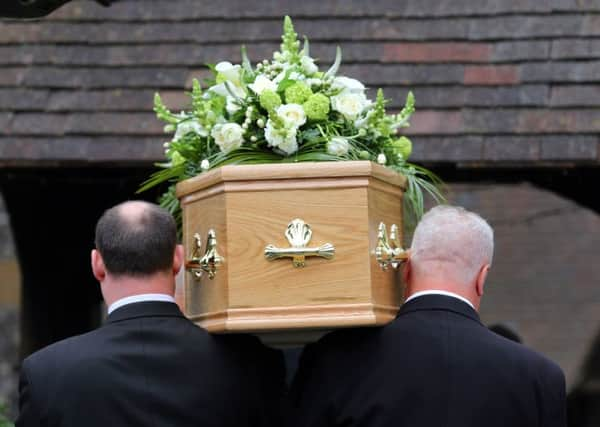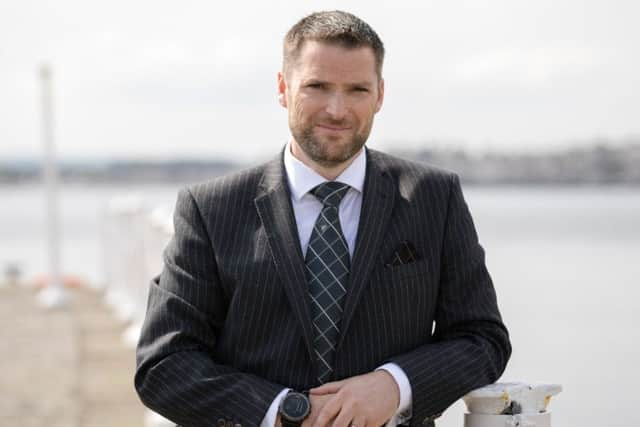What happens to social media accounts after you die? – Tim Purves


Researchers estimate that before the end of the century, there could be as many as 4.9 billion deceased users on the internet.
And when you consider your digital legacy includes everything from email accounts to online bank and credit card accounts, to social media platforms, you begin to understand the enormity of your digital footprint.
Advertisement
Hide AdAdvertisement
Hide AdTo plan your digital end of life, it is most important that you list your digital assets and log your passwords. This includes social media accounts, blogs, websites, hosting, email accounts, retail accounts like Amazon and iTunes, Paypal, photo sharing sites, utility bill sites, and anything else you can think of that requires a password.


This is a mammoth task as it is thought that each of us will have around 27 different passwords to our various accounts. So, therefore, it may be worth considering an online password retention tool such as KeePass which keeps all your passwords in one place and can be accessed by a single password. This link, login and password can be documented in your will, making it possible for your digital executor to access your accounts in one simple step.
Choosing your digital executor is an important decision as you will not only have to trust them implicitly, they will also have to be digitally savvy enough to know their way around the various online accounts. Name this digital executor in your will and include a specific plan on what to do with all your accounts including your social platforms so they’re clear of your wishes.
For example, Facebook and Instagram allow you to either permanently delete an account or memorialise it, this means family and friends can continue to share memories on the person’s timeline. When a profile is memorialised the words ‘Remembering’ appears next to their name and they become visible only to family and friends. Facebook will also allow you to select a Legacy Contact who can manage parts of your account when you die, this designated person can post a pinned message to the top of the timeline, respond to friend requests, and update your profile picture and header image.
Advertisement
Hide AdAdvertisement
Hide AdIf you have a YouTube and Flickr Video social account, you could ask your digital executor to post your pre-recorded final video as a memorial. With 22 per cent of us likely to post condolences online rather than write a card this might well appeal.
However you choose to end your digital legacy, your digital footprint is your online identity and is what makes you unique. Your social media platforms are also likely to hold some of your dearest memories so should be considered carefully when planning your end of life.
Tim Purves is chairman of William Purves Funeral Directors. William Purves has created a free online Digital End of Life guide and funeral planning tool which gives useful advice on what to do to ensure you are in control of your digital legacy.